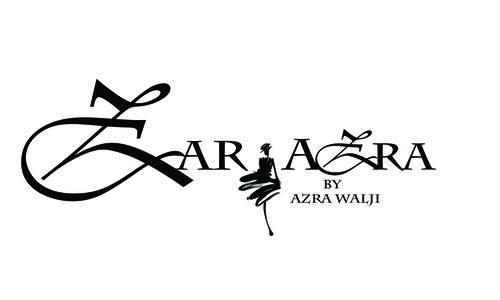Style
10 Questions with Zar Azra
Azra Walji is no stranger to the Kenyan fashion scene. You may know her best from winning the Heineken African Fashion Challenge in 2017, which was closely followed by a show case in Lagos Fashion And Design Week 2017. However, this 28 year old designer already has seven collections to her name. She’s shown at Mozambique Fashion Week 2013 and FAFA 2014, as well as, being nominated for a Kenya fashion award and dressed Miss Universe Kenya for a Gala Show in the Philippines. Fashion is the only way I can truly express myself in a creative form. Azra has interestingly built her brand around contrasts. It’s high-end fashion that embraces different colours and fits; but steers clear of outlandish frocks and see-through tops. Azra’s vision is to create sophisticated clothes that are luxurious but wearable, modern but warm, as well as fanciful but pragmatic. Hers is modern storytelling that invites people to try fashion novelty. Azra took some time off from producing her 2019 collection (to be released soon) to answer some TDS quick-fire questions:
‘Fashion is the only way I can truly express myself in a creative form.‘
Tell us a little about your journey leading up to this moment
My love for art and creative talent started way back from a young age. I would experiment a lot with fabric and textile as a teen, as well as, make myself clothes. In 2008, I headed out to Malaysia to Limkokwing University of Creative and Technology in Malaysia, graduated with degree in Retail and Fashion Design in 2012. Zar Azra, which is a high end prêt-à-porter fashion house, was founded in the same year. Having my name in the brand, where I produce all my creative talent, is not only my dream but an honour to my existence in this lifetime. I specifically create custom made pieces.
Why did you decide to go with made-to-measure model?
Choosing custom made is beneficial to me because I like that each one of my pieces are unique in their own way. And most importantly, they fit my client’s personality. Clients firstly come for a consolation session to discuss what they need made, then on to the sketching and designing process where the client pays for the sketched design. From there, 70 percent of payment is made before the creation process begins. Clients are only required to come for one fitting and final pick of the garment. The final payment is made after the client is satisfied with the fit and overall look.
What stood out for you at LFDW2017?
Generally, Lagos is very fashion forward. They have actually modernized their designs but still incorporate their roots, cultures, art and crafts. Just being able to showcase alongside some of these top designers in Africa really gave me a lot of my creative self-awareness and confidence in my passion.








